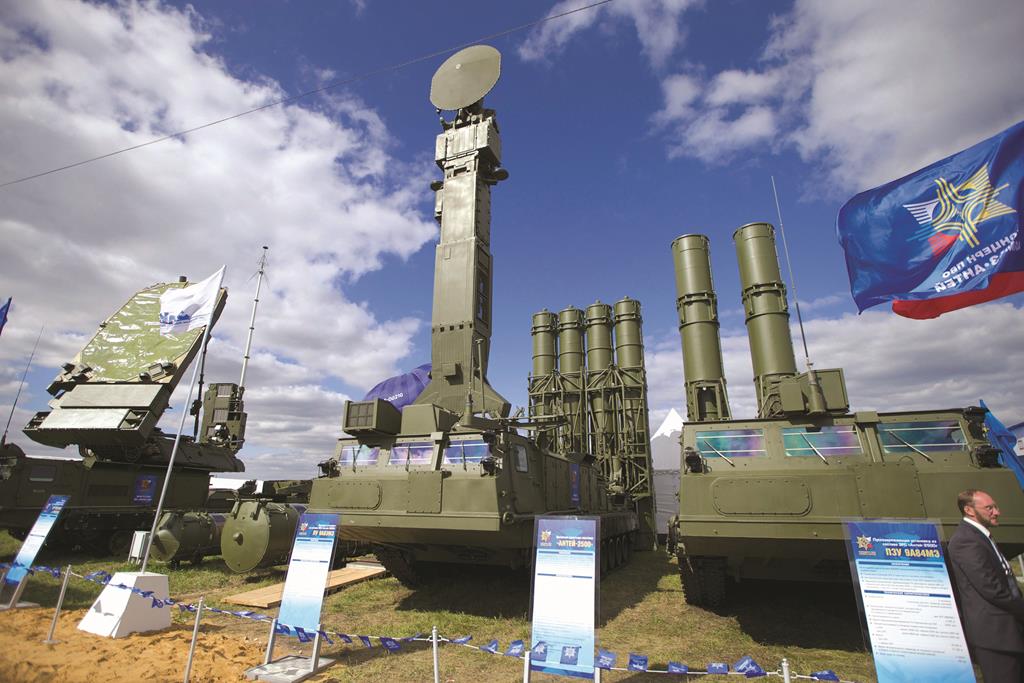Furor Over Russian Sale of Missiles to Iran



U.S. and Israeli officials expressed serious concern over Russian President Vladimir Putin’s decision on Monday to lift a ban on supplying Iran with sophisticated S-300 air defense missile systems.
Israeli officials warned that such a deal would alter the balance of power in the region. In particular, the S-300s could prevent a military strike on Iran’s nuclear facilities, thus closing off that option in the event Iran violates an agreement and proceeds to bomb-making.
U.S. Secretary of State John Kerry raised the issue with his Russian counterpart, the White House said on Monday.
Russia’s decision to start an oil-for-goods swap could also raise sanctions concerns, White House spokesman Josh Earnest told reporters at a daily briefing.
Israeli Intelligence Minister Dr. Yuval Steinitz denounced the news.
“Even as Iran disavows article after article in the framework agreement that was announced last week, the international community is beginning to ease restrictions on it,” Steinetz said.
“This is the direct result of the legitimacy that Iran is receiving from the nuclear deal being made with it. This also proves that the economic momentum in Iran that will come in the wake of the lifting of the sanctions will be exploited for armaments and not used for the welfare of the Iranian people.”
The Pentagon also weighed in. “Our opposition to these sales is long and public. We believe it’s unhelpful,” Pentagon spokesman Colonel Steve Warren told reporters.
Russia signed a contract in 2007 to sell Tehran the missile system, but the weaponry was never delivered due to strenuous objections by the United States and Israel.
This article appeared in print on page 8 of edition of Hamodia.
To Read The Full Story
Are you already a subscriber?
Click "Sign In" to log in!

Become a Web Subscriber
Click “Subscribe” below to begin the process of becoming a new subscriber.

Become a Print + Web Subscriber
Click “Subscribe” below to begin the process of becoming a new subscriber.

Renew Print + Web Subscription
Click “Renew Subscription” below to begin the process of renewing your subscription.












